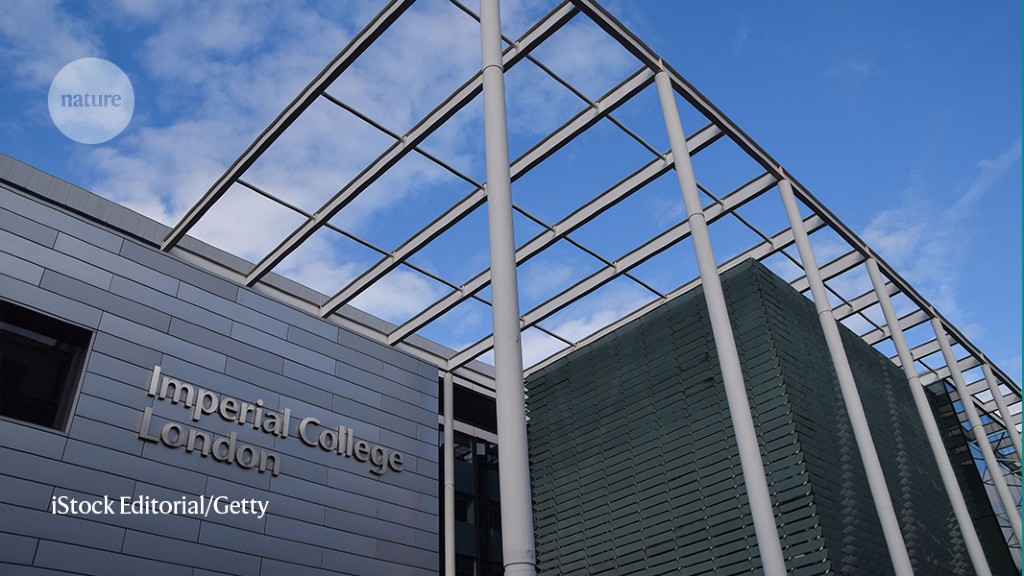
The UK should fight for collaboration with Europe
UK-EU Trade Relations with the EU After Brexit: What We Have Learned in the 21 February London Campaign for Science and Engineering (CASE)
The issue was brought up on 21 February by the London based Campaign for Science and Engineering. The CaSE’s executive director said that the government had made it clear that funding for R&D would be protected. The Prime Minister had said that the importance of science and innovation was important to the UK’s future and the creation of a new department to pursue that agenda this month.
But building research for any purpose (whether for discovery science, the science needed in environmental protection, or science for industrial development) is not like heating an oven-ready microwave meal. Results are not a matter of plucking something off the shelf, pressing some buttons and getting an outcome in record time.
As Robin Grimes, former chief science adviser to the UK defence ministry, told members of the UK Parliament last year, the collaborative relationships that are leading to advances in research have, in some cases, been decades in the making. If these are severed, new ones can’t be formed instantly.
The EU says that the United Kingdom can participate in Horizon Europe, but it has imposed a political condition: participation will be allowed only once there is resolution in a dispute over trading arrangements between the United Kingdom and the EU on the UK border with Ireland — a problem that has been rumbling on since the United Kingdom formally left the bloc in January 2020.
A group of politicians, experts, and business leaders met last week to discuss how to move forward with the EU after the UK leaves. This suggests that there is a desire for a national consensus regarding new beginnings with the EU.
James Wilsdon, who studies science policy at University College London, says the uncertainty surrounding the United Kingdom’s relationship to the EU is one of the reasons why fewer UK academics are applying to a European program. As a result, spending on the UK guarantee and related measures ended up being less than the amount the government had estimated it would have had to pay into Horizon Europe if it had joined.
The scientific community condemned what appeared to be the loss of promised funding for research and development after repeated assurances by the government that UK researchers would not lose out.
The leaders of several scientific organizations, including the UK Royal Society and the Institute of Physics in London, also voiced their concerns over the apparent loss.
After Brexit went into effect, Horizon Europe continued to accept grant applications from UK-based researchers, with the understanding that EU funding was contingent on the successful negotiation of associated-country status. The Horizon Europe guarantee — under which the UK government provides funding to researchers whose applications have been approved by Horizon Europe, but who have been unable to receive funding while the United Kingdom is negotiating — is still in place until at least the end of March.
The volume of UK applications have dropped even after the guarantee in place. This downward spiral is caused by uncertainty which makes engagement decline and further decreases the theoretical drawdown of this money through the UK guarantee or through an association agreement.
The worst fears of the research community are reinforced, if the money is eventually made available for research through association withHorizon Europe or through the yet-to-be-announced alternative.

